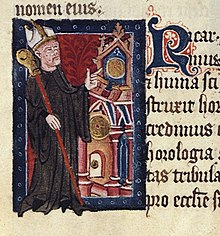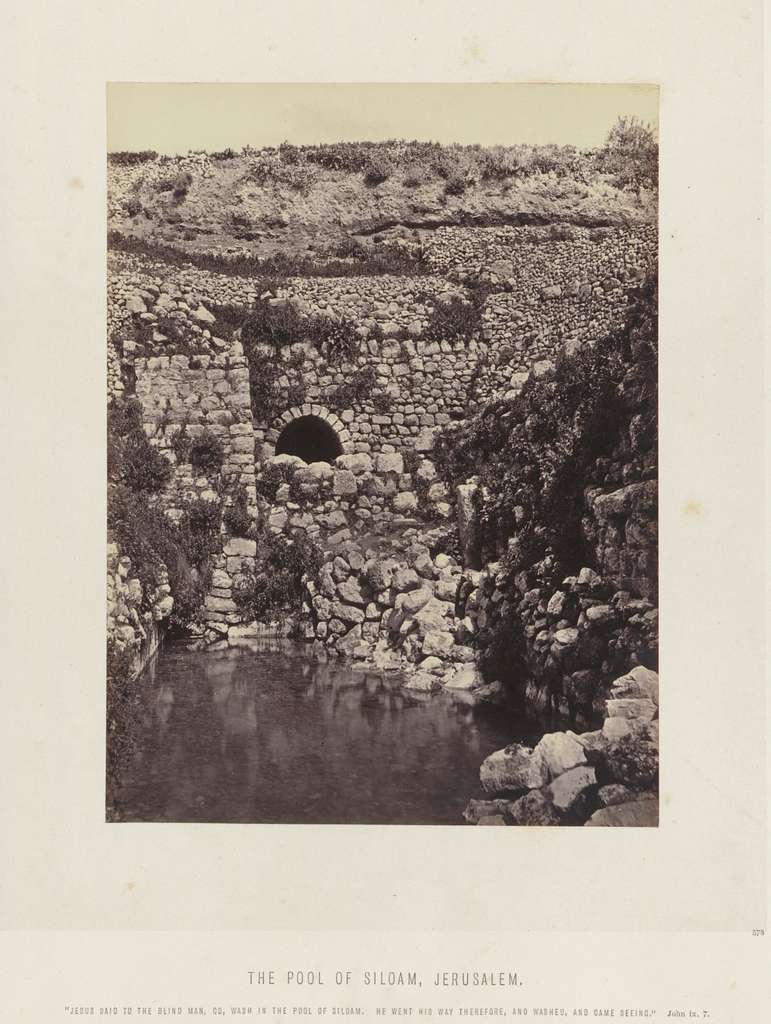Dimitte Sicut Dimittimus: Cardinal Schuster on Forgiveness
February 16, June 17, October 17
To be sure, neither the Lauds nor Vespers is ever to pass by except the Lord’s prayer (in the final place, according to the order) be said in the hearing of all by the superior, on account of thorns of scandal that are wont to arise, so that, coming together through the solemn pledge of that prayer in which they say: Dimitte nobis sicut et nos dimittimus, “Forgive us as also we forgive,” they may purge themselves of this sort of vice. But in carrying out the other Offices, the final portion of this prayer should be said, that response may be made by all: Sed libera nos a malo, “But deliver us from evil.”
Dimitte Sicut Dimittimus
1. Every lack of charity represents a prick and a wound to the heart of the offended brother. Saint Benedict considers it as a true disease, which must therefore be cured and healed with the balsam of humility, blessed, however, by the very person who is wounded. Usque dum benedictione sanetur illa commotio [Rule, Ch. 71: ‘Until that disturbance be healed by a blessing.’]
In the Acts of the Martyrs, Saint Benedict probably must have read of one who had gravely offended a priest, without being able to be reconciled with him afterwards.
When the persecution broke out, the ecclesiastic was arrested, tried, and condemned to death for the Faith.
While the soldiers were leading him to execution, the offender came to him on the way, asking his pardon and beseeching him to grant him his peace. But the other proudly refused him, notwithstanding all the poor man’s humble insistence.
Already the convoy had arrived at the place of execution, and the offender made a final attempt, casting himself at the feet of the confessor of the Faith; but the latter indignantly rejected him even in that supreme moment.
At the same time, however, God withdrew from him His grace. When he was at the decisive moment, the priest began to be afraid, to hesitate, and finally he renounced the Faith, simply to save his life.
In this apostasy, the Fathers recognise the consequence of his refusing pardon to his old offender.
So it is. Thus, says the Gospel, will My heavenly Father do with you, if you do not pardon each other from the depth of the heart. (Matt 18:35)
***
2. Saint Benedict, rightly alarmed, considers the case in which the offender himself does not want to demand pardon from the superior.
Quod si comtempserit facere, aut corporali vindictae subiaceat, aut si contumax fuerit, de monasterio expellatur. (Rule, Ch.71: ‘But if he neglect to do this, let him incur corporal chastisement, or, if he is contumacious, let him be put out the door.’)
The punishment seems very austere, but it does not surprise us when we think of what Saint John writes: Qui non diligit, manet in morte. (1 John 3:14, ‘He who does not love, remains in death.’) If, then, we are dealing with one who is dead, the place of the corpse is outside the monastery, non in the house. De monasterio expellatur.
The Apostle of charity insists much on this necessity of fraternal love, and asserts that the sign that guarantees that we have truly passed from the death of paganism to the light of the Christian life is quoniam diligimus fratres [because we love the brethren].
To be exposed at times to the fever of anger is simply human; but to persevere in it is really diabolical. Hence the Apostle writes: Sol non occidat super iracundiam vestram. (Eph 4:26, ’Let the sun not set on your anger.’)
The Holy Patriarch Benedict, too, renews for us the same command: Cum discordante ante solis occasum in pacem redire. (Rule, Ch. 4: ‘To return to peace with an opponent before the setting of the sun.’)
Ante solis occasum [before the setting of the sun] is set down in order to indicate the final limit of the day, and to remind us that on the day of the Preparation of the Passover [Good Friday], ante solis occasum, God returned to peace with humanity, reconciled in the Blood of Christ. The sunset is therefore the mystical hour of pardon and of peace.
***
3. It is worth observing the twofold manner that the Patriarch of Monte Cassino adopts to induce his own disciples to mutual pardon for their offenses.
In Chapter 71, he threatens with corporal chastisements and even expulsion from the monastery those proud monks who do not want to adapt and bend themselves ad humilitatis satisfactionem (Rule, Ch. 71: ‘to satisfaction through humility’).
In a word, he drives out Satan from the house, as formerly at Monte Cassino he had driven him out of his ancient temples.
In Chapter 4, on the other hand, prescribing reconciliation with the offended brother before the setting of the sun, he proposes as an example for imitation the infinite mercy of Him Who willingly pardons: Et de Dei misericordia numquam desperare. [‘And never to despair of the mercy of God.’]
When Saint Benedict wrote these things, there stood before him, in the oratory of Saint Martin, the image of the Crucified in a tunic descending all the way to His feet resting on the base of the Cross, with eyes open upon the faithful, with arms stretched out on the Cross, as if in the act of gathering and pressing to His Heart all humanity.
If Christ in His mercy has pardoned a hundred to us, who are we not to want to pardon the much lesser debts to our brethren?
Saint Benedict drives out from the monastery the irreconcilables. The words of the Gospel, as we have said, are even more grave. It is good to repeat them. Sic et Pater caelestis faciet vobis, si non remiseritis unusquisque fratribus vestris de corde suo. [‘Thus also will the heavenly Father do to you, if you do not each forgive your brethren from the heart.’]


